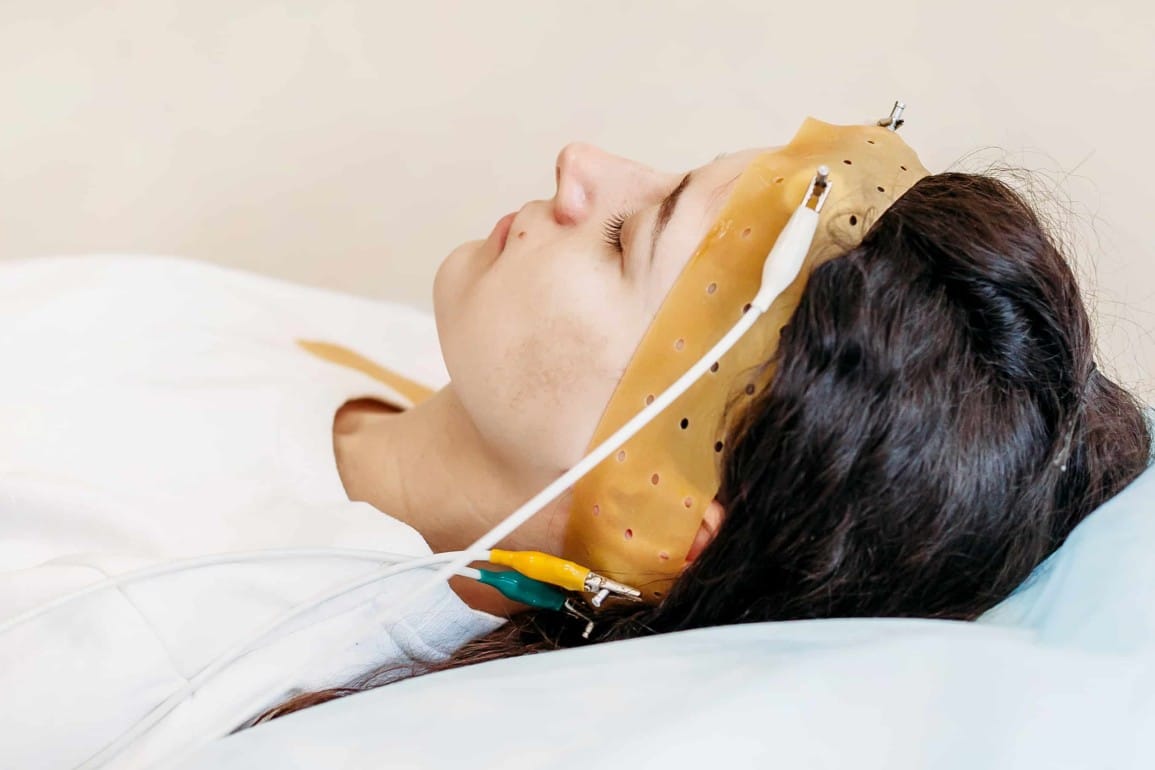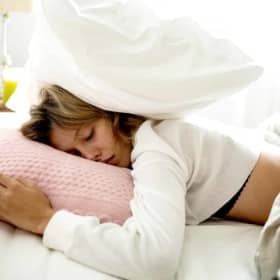Sleep deprivation is a fascinating topic.
We know that all living things need sleep to survive. With that in mind, it’s always interesting to see what happens when we go without the rest we need.
Although the ethics around sleep deprivation experiments are somewhat murky, the right studies can provide us with some insights into why we need sleep.
Researchers have used sleep deprivation studies to examine everything from the side effects of sleep loss, to how we might be able to use certain kinds of deprivation to treat psychological disorders like depression.
If you’re interested in learning more about what we’ve discovered in the labs of sleep studies around the world, then you’ve come to the right place. Today, we’re going to discuss real sleep deprivation experiments. Beware, they may shock you.
Let’s get started
1. Randy Gardner’s world record
Randy Gardner is the world-famous boy who stayed awake for a total of eleven days.
For a long time, he was referred to as the world record holder for sleep deprivation. However, it’s not totally clear how long people can spend without sleep, as most record companies stopped tracking it.
What we do know, is that in 1964, a 17-year old boy decided he would record himself staying awake and kept it up for 11 days and 25 minutes.
Bruce McAllister, his co-student, and the boy who had helped Randy to come up with the idea, said it stemmed from the desire to have an interesting science fair project.
The teenage boys wanted to try and break the world record for staying awake. At the time, the record was held by a man in Honolulu, who managed just under 11 days.
A few days into the experiment, Randy was still relatively upbeat. However, after a while, Randy’s sensory abilities like smell, taste, and hearing started to be affected. The boys who started the experiment gradually brought in more experts, including a Stanford sleep researcher.
By the end of the 11 days, Randy was a different person. He suffered from severe paranoia, hallucinations, and problems with memory and concentration.
Despite all this, when the experiment ended, Randy had a 14-hour sleep, comprising mostly of REM sleep, and got back to normal very quickly.
Randy’s researchers used the sleep deprivation experiment to determine that lack of sleep can have a serious impact on our emotional and physical wellbeing — but the side effects don’t appear to linger for very long.
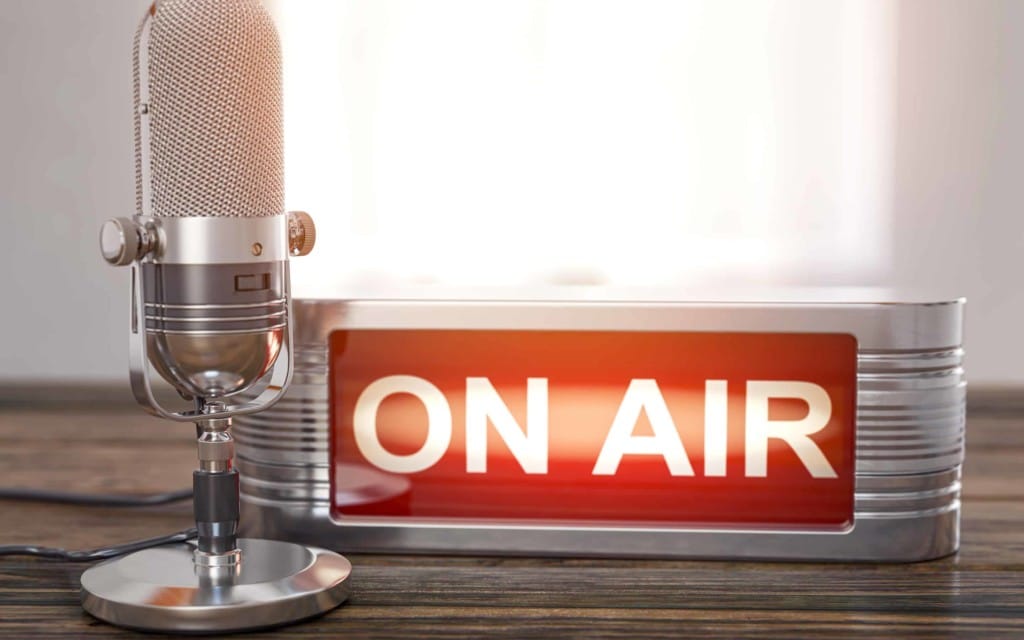
2. Peter Tripp and the 201-hour dj set
Randy Gardner isn’t the only person who has sought out answers about sleep deprivation. Another incredible sleep deprivation experiment took place in 1959, with a New York radio DJ named Peter Tripp.
The decision to stay awake and continue broadcasting radio for as long as possible was made as part of an attempt to raise money for a children’s foundation. Peter sat inside a glass booth in Times Square and broadcast his show for 201 hours straight.
Observed by doctors and scientists, along with plenty of members of the general public, Tripp started off in very good spirits. However, just like Gardner, by day 3, things started to deteriorate.
Peter began hallucinating and cursing at the people around him. He thought there were spiders in his shoes, and his brainwaves began to change.
According to scientists, Peter started to enter periods of brain patterns, where his brain replicated the REM sleeping cycle. He was hallucinating vividly while awake — almost as if he was dreaming, without going to sleep.
Tripp managed to finish the sleep deprivation study and slept for 13 hours.
Although Peter reported that he had recovered well from the ordeal, his family and friends said he was a changed man. Soon after, Tripp got divorced and lost his job.
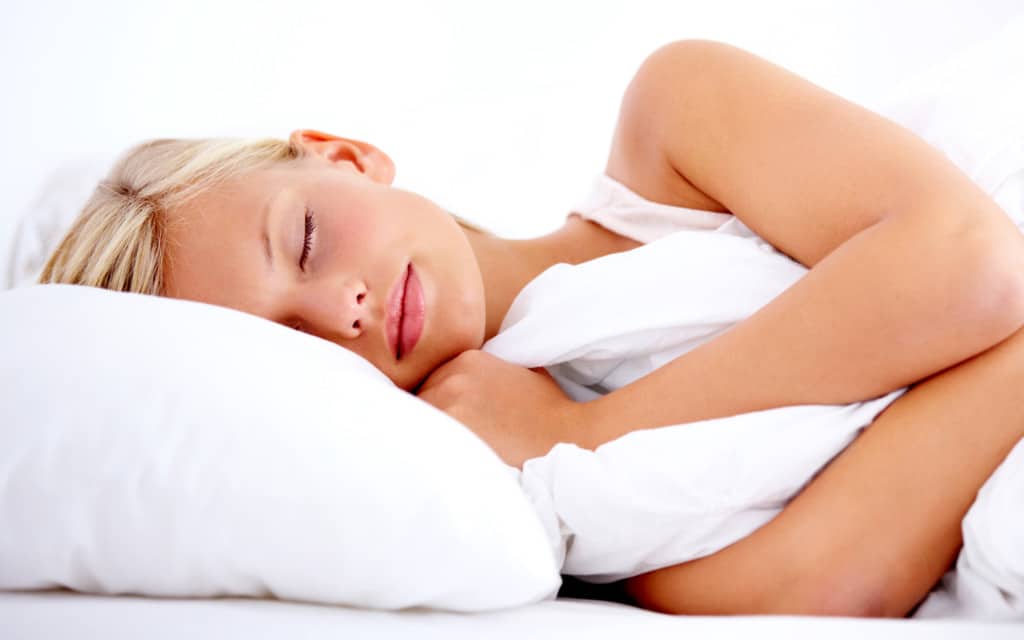
3. The Swedish beauty sleep experiment
We all joke that we need our beauty sleep — but that statement might be truer than you thought.
In 2013, a set of Swedish researchers conducted a sleep deprivation study into the effects of sleep deprivation on facial appearance. Men and women were photographed after a night of normal sleep, and again after 31 hours of sleep deprivation.
This sleep deprivation experiment then asked 20 men and 20 women to judge the photos on factors like facial cues and fatigue. According to the people who took part in the study, the people who were sleep-deprived had paler skin, darker circles under their eyes, and hanging eyelids.
Sleep deprived individuals had drooping around the corners of their mouths, and they often looked sadder than they did after normal sleep.
It turns out that the signs of sleep deprivation don’t just include pain and discomfort, or difficulty concentrating. Your lack of sleep can also cause you to seem less attractive too.
That’s just another reason to start taking your sleep seriously.
4. Can you die from sleep deprivation?
One of the most common questions about sleep deprivation, is whether you can actually die from lack of sleep or not. Obviously, it’s quite difficult for most researchers to do sleep deprivation experiments that take the study that far.
Most people aren’t willing to stay awake until they die in the name of science.
While we don’t have a definitive answer about whether sleep deprivation can be fatal or not, it seems as though you’re pretty unlikely to die from sleep loss.
Ultimately, the research that we do have on this topic indicates that the human body has failsafe mechanisms built in that prevent us from staying awake to a fatal extent.
Often, we’ll endure little micro-sleeps that allow us to survive prolonged periods of sleep deprivation.
At the same time, in cases where people have died after several days without sleep, we’ve also found that the reasons generally aren’t linked to sleep loss alone. Most people who die of exhaustion also have other heart problems and health complications to consider.
While it’s unlikely that human beings will die from sleep deprivation however, animals aren’t quite as lucky. Sleep deprivation experiments have been conducted into animals to find whether they could die without sleep, and the answer is a definitive yes.
Be warned, the research in this area is very upsetting. One researcher from Russia decided to find out if sleep was more important to living creatures than food.
In 1894, she forced four puppies to stay awake, and all four of the dogs died within a few days.
Similar experiments have been conducted with rats, discovering that rats do perform some of the same micro-sleeps as humans to keep them alive, however, they can only rest one small part of the brain at a time.
This means that rats often die within 11 to 32 days of sleep deprivation.
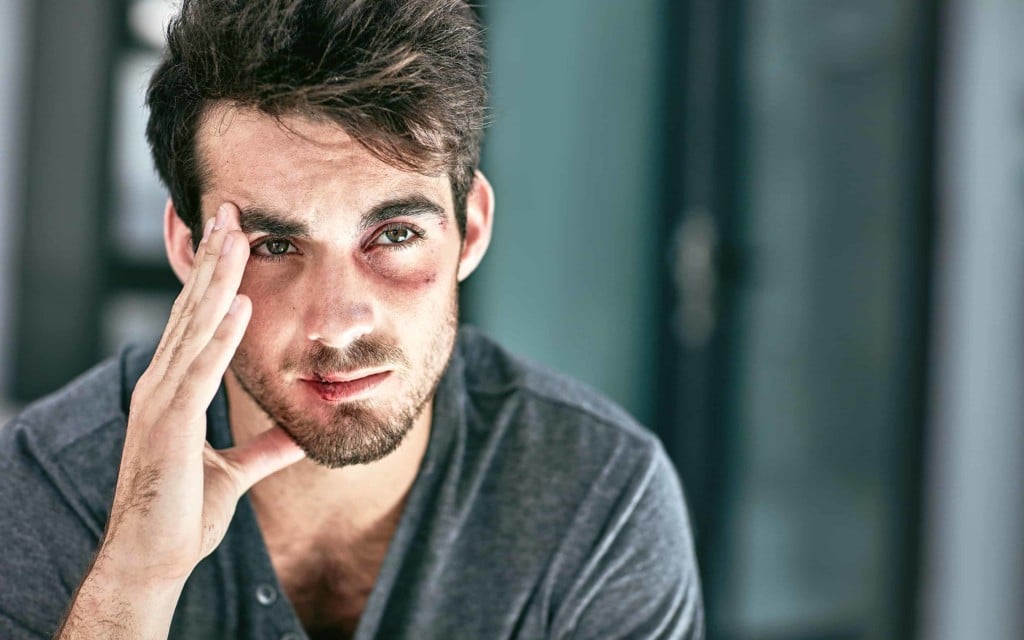
5. Is sleep a good antidepressant?
Clearly, for most people, going without sleep is a very bad thing.
However, there are some sleep deprivation experts that indicate losing sleep could be useful for certain treatment strategies. For instance, one of the stablished side-effects of sleep deprivation is problems with mood.
However, in one 24-hour sleep deprivation study, researchers found that losing sleep could allow people with treatment-resistant bipolar and depression disorder to achieve some relief.
The improved period of mood lasted for up to 48 hours until the person recovered and got some more sleep, at which point the symptoms returned.
In 2017, more researchers published a review of 66 sleep deprivation experiments on sleep and depression. The team reported that the findings supported a significant demand for sleep deprivation as a possible treatment for depression.
6. Can sleep deprivation work for torture?
We’re sorry to say that all of the sleep deprivation studies conducted over the years haven’t necessarily been used for ethical reasons.
Some scientists have also used sleep deprivation experiments to determine whether a bout of sleep deprivation could be used to torture a human being. Lack of sleep has regularly been used to extract information from prisoners.
Techniques include constantly moving captives around so that they can’t relax. Some guards also allowed prisoners to fall asleep for seconds, only to immediately wake them up again.
In 2005, the CIA admitted to using up to 180 hours of continuous deprivation from sleep as part of an interrogation technique. That means you spend more than a week without sleep.
The United Nations actually criticized the US for using this form of torture.
Of course, the US isn’t the only country to rely on sleep deprivation for extracting information. One article produced by the New York Times found that the military adopted this technique after training their own people to cope with Russian torture.
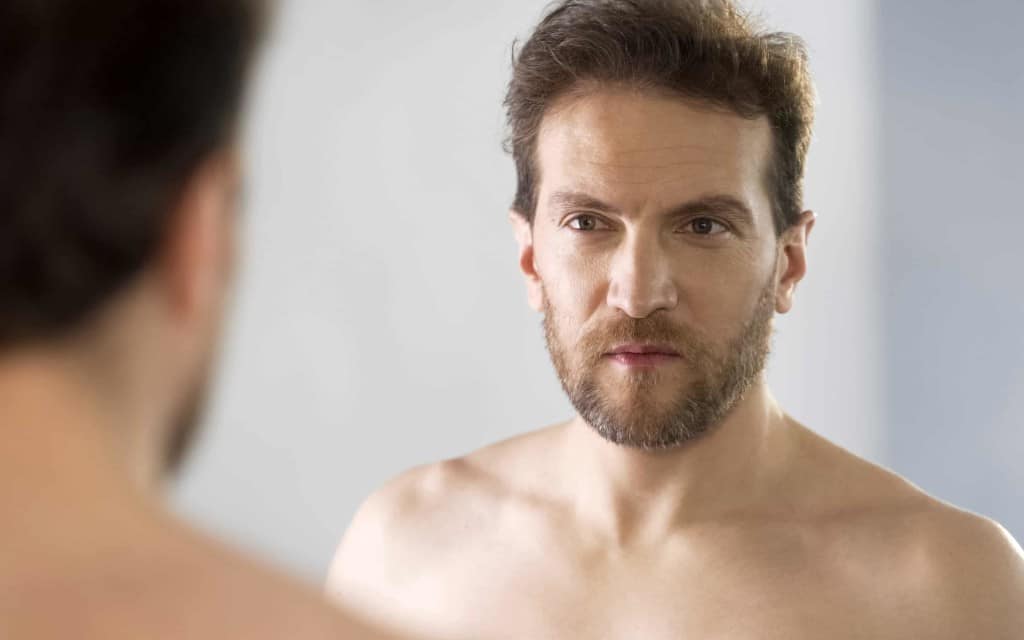
7. Do people avoid you if you look tired?
If you’re bound to be more emotional, a little less attractive, and generally stressed after a period of sleep deprivation, it makes sense that people may not want to be around you.
In 2017, the Swedes once again took to the sleep lab to determine how people perceive others when they’re sleep-deprived.
In this new sleep deprivation experiment, 122 people rated photos of 25 people after they had gone 2 days without sleep. The research found that most people would avoid sleep-deprived individuals, as they were often seen as less attractive and less healthy.
Clearly, it’s not just your mood and your physical appearance that suffer when you’re going without sleep, your social life can struggle too.
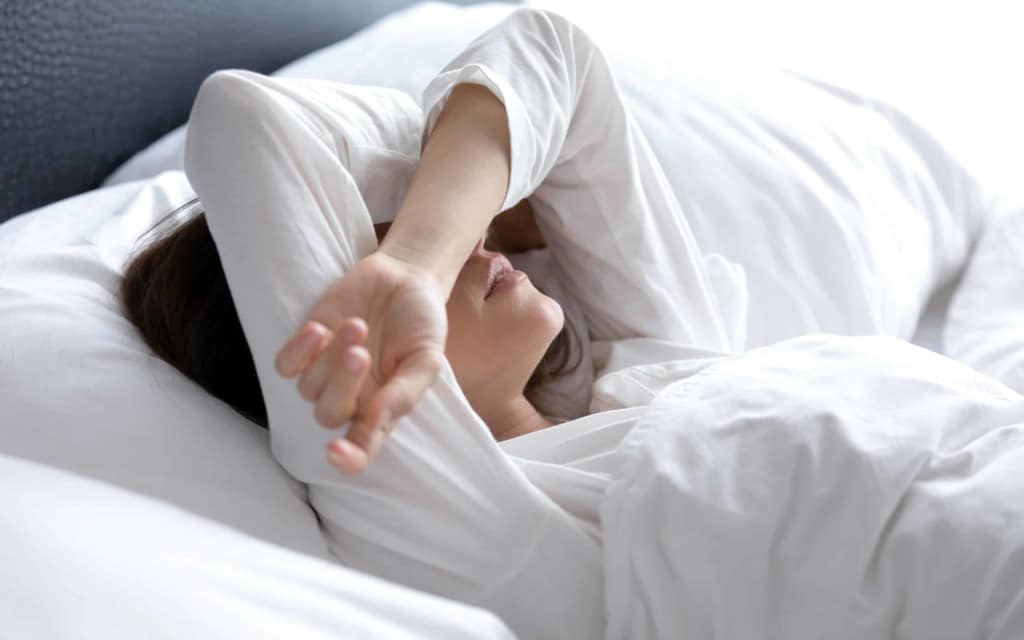
Understanding sleep deprivation experts
Ultimately, sleep deprivation has been proven to have a massive impact on the way that we live and operate. Whether it’s changing the way you look and scaring off your friends, or altering the way that you see the world, a lack of sleep isn’t an easy thing to cope with.
If you’ve been going without sleep for some time, then it’s important to seek help from a medical professional immediately. A doctor will be able to tell you exactly what you need to do next.
You might even need to take part in your own sleep study with a sleep deprivation expert.
Don’t worry though — the research you will be exposed to is unlikely to be anywhere near as intense as the experiments we covered here.
Siestio. Sleep Matters.
Medical disclaimer
You must not rely on the information provided on our website as an alternative to medical advice from your doctor or other healthcare professionals. For more information read our full disclaimer here.

